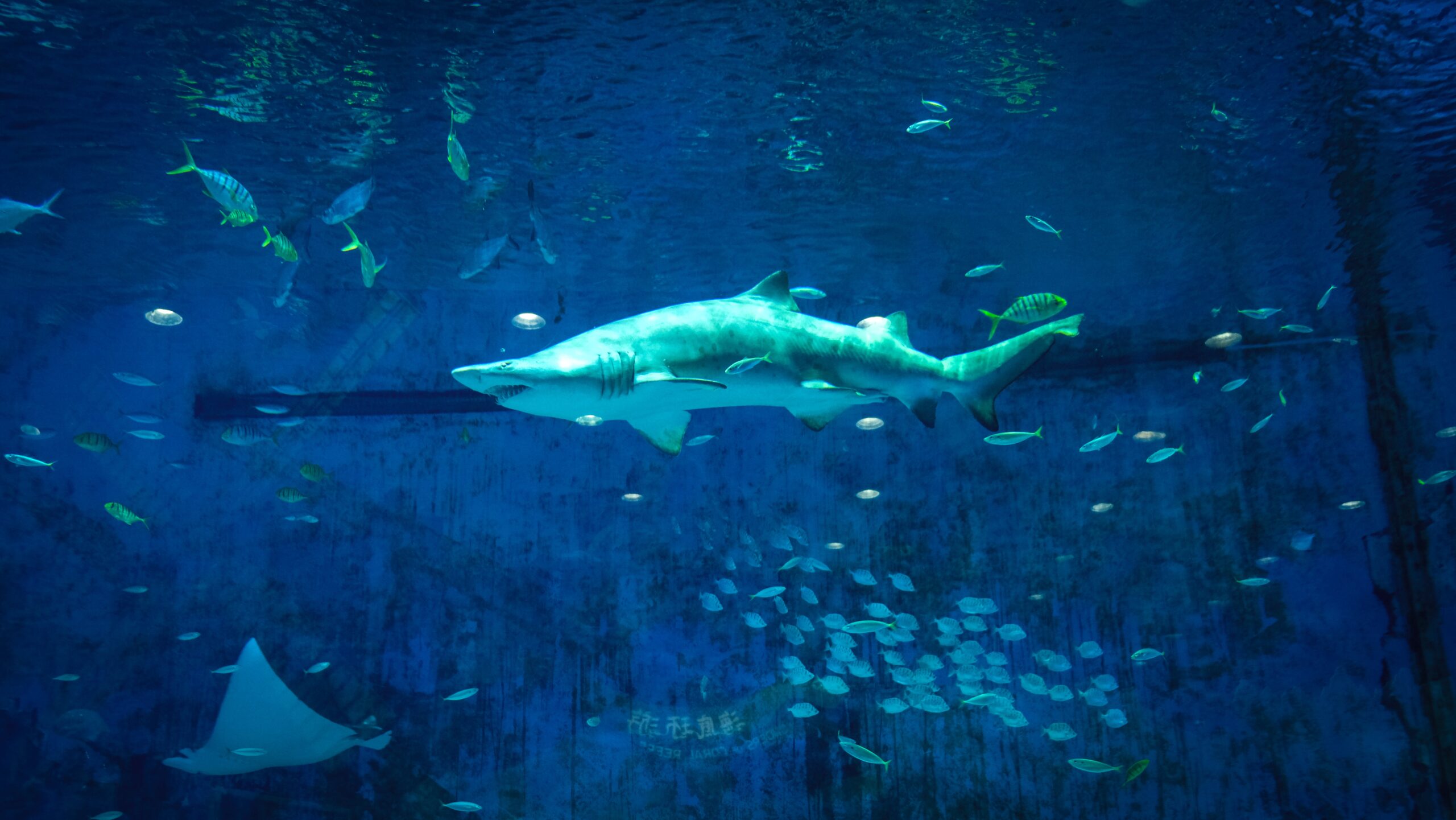Shark fear: Just when you thought it was safe to get back in the water…
Shark fears: A Deep-Dive into the Reality Beyond Spielberg’s Jaws
It was once said in film history that going back into the water might not be safe. This phrase from Spielberg’s Jaws series has since immortalised the mighty animals as cold-blooded predators. Today, the persistent fear of these aquatic creatures is still very much alive, affecting every facet of human reality. This is largely due to media scaremongering, often following human-shark interactions.
In South Australia, these interactions have led to the Education Department banning all school-based sea activities for the remainder of the term. What does this mean for ever-essential water safety learning?
The Media’s Role and the Impact on Safety Learning
Dr Brianna Le Busque, a UniSA shark expert, highlights the role of media in this ongoing fear. Dr Busque explained, “When we hear about shark “attacks”, it definitely puts people on edge, especially when such interactions are sensationalised by the media.”
She added that most people’s perception of sharks is shaped by what they see on TV or in the movies. Depictions in films like *Jaws*, *The Meg* or *The Shallows* can create unnecessary fears and strengthen any negative views that people already hold.
The Jaws Effect on Conservation Efforts and Policy Decisions
Dr Busque pointed out that this unwarranted fear, known as ‘The Jaws Effect,’ is still influencing people’s perceptions of sharks. This phenomenon, she noted, also impacts conservation efforts and policy decisions. With the current ban on sea-based water activities, there is a growing concern that it could negatively affect young minds’ understanding of water and beach safety.
In a pioneering study by UniSA, it was found that sharks are commonly over-represented in ‘creature feature’ films.
Offsetting Shark Fears: The Way Forward
While Dr Busque welcomes the early deployment of aerial shark patrols, she also calls for a balance between safety provision and access to the ocean. She comments, “No one wants a shark attack to occur, but these bans only create the same fear as generated on the ill-fated Amity Island in *Jaws*. It’s just not the right way to go.”
According to CEO of Surf Life Saving SA, Damien Marangon, the ban on beach-based aquatic programs is rather disappointing. It is paramount to remember that drowning sadly takes more lives annually in South Australian waters than shark attacks.
Mr Marangon expressed concerns about the programs’ halt, especially the potential impact on the registered students’ learning of vital water safety skills. He encourages data-informed decisions, research, and stakeholder engagement to ensure students’ water safety training continues unthreatened.
Sparking hope, Marangon adds, “We’re actively working with the Water Safety Unit within the Department for Education to guarantee that all participants can complete these aquatic education programs at the beach safely.”

There’s no denying that sharks are fascinating and powerful creatures. Still, the fear they incur as portrayed in the media should not overpower our understanding and respect for these majestic animals. Strategies that instill unnecessary fear, such as school bans on sea-based activities, may have long-lasting impacts on our young generation’s perception of the ocean’s safety.
Putting Safety First Without Fueling Fear
From experts to rescuers, the consensus is clear; making data-informed decisions and promoting positive ocean interactions are crucial. Policies should enforce safety without generating undue fear. It’s equally important for the media representations of sharks to be factual, showing that they are not merely villains in a horror movie but valuable elements in the ecosystem in need of protection.
Teaching the Young Generation to Embrace the Ocean Safely
Marangon expresses optimism as the Education Department and the Water Safety Unit work hand in hand, taking into account research, facts, and stakeholder engagement to ensure students’ safety. These bodies aim to equip the young population with essential water safety skills without provoking anxiety or fear.
In the end, every parent must remember that the goal is to nurture a generation that not only values and respects ocean life but also knows how to enjoy it safely. Changes in methods and shifts in perspective are required, but with concerted efforts from all stakeholders, we’re moving in the right direction. Yes, the water’s safe—it’s about teaching our kids to navigate it with respect and caution.
Let’s embrace a future where our kids can say, “We’re going to need a bigger understanding of sharks,” rather than a bigger boat. The water is indeed, welcoming us back.
For more great articles and events see the Parent Newsroom.
Disclaimer
The articles available via our website on news and current events are general information only and are not edited regularly to consider changes or updates. Event organisers are responsible for dates, times and further details, and as such information in these articles may be outdated and subject to change. We strongly urge readers to exercise caution and conduct their own thorough research and fact-checking. The information presented should not be taken as absolute truth, and, to the maximum extent permitted by law, we will not be held liable for any inaccuracies or errors in the content. It is essential for individuals to independently verify and validate the information before making any decisions or taking any actions based on the articles.
Leave a Reply